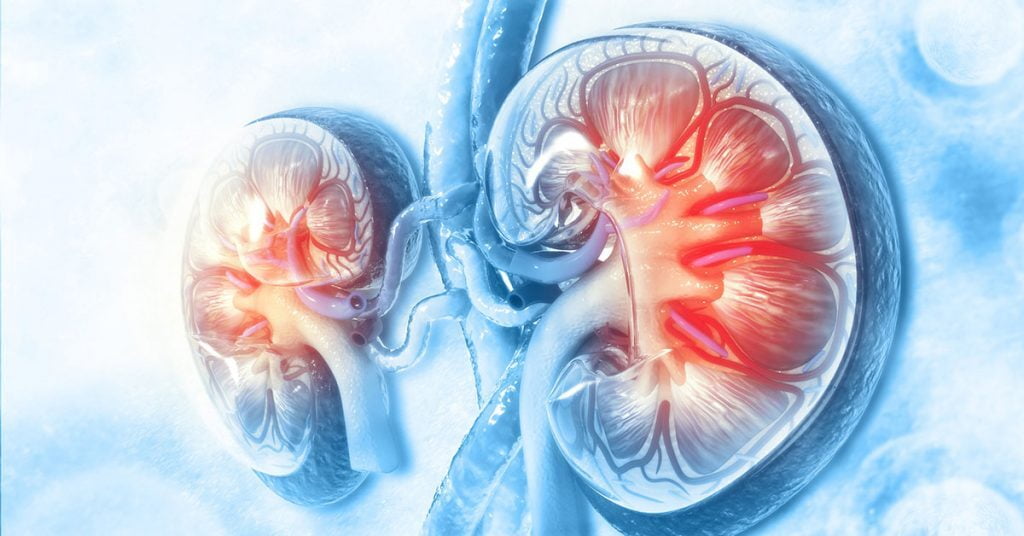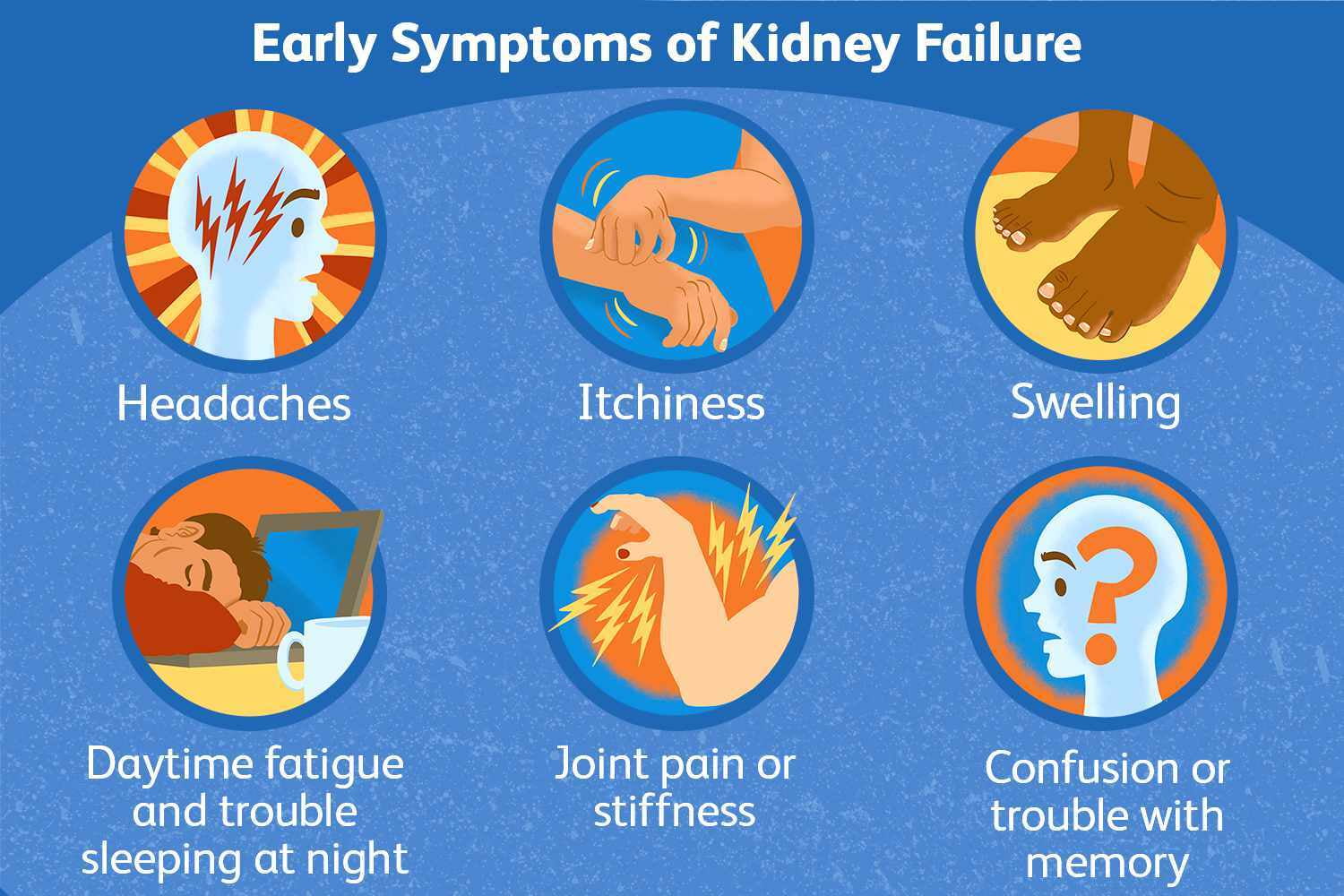 Common Kidney Problems:
Common Kidney Problems:
Kidney problems are a prevalent health issue affecting millions of people worldwide. One common kidney problem is chronic kidney disease (CKD), a condition characterized by the gradual loss of kidney function over time. CKD often goes unnoticed in its early stages as symptoms may be mild or non-specific, but as the disease progresses, individuals may experience symptoms such as fatigue, swelling in the extremities, and changes in urination patterns.
Another common kidney problem is kidney stones, which are hard deposits that form in the kidneys and can cause severe pain when they pass through the urinary tract. The symptoms of kidney stones may include sharp pain in the back or lower abdomen, nausea, and blood in the urine. Dehydration, certain medical conditions, and dietary factors can contribute to the formation of kidney stones, making them a bothersome issue for many individuals.
Symptoms of Kidney Dysfunction:

Kidney dysfunction can manifest through a variety of symptoms, which can vary depending on the underlying cause and severity of the condition. Some common signs of kidney problems include changes in urination patterns, such as frequent urination, foamy or bubbly urine, blood in the urine, or difficulty urinating. Additionally, individuals with kidney issues may experience swelling in the lower extremities, known as edema, as well as puffiness around the eyes and hands due to fluid retention.
Other symptoms of kidney dysfunction may include fatigue, weakness, and difficulty concentrating, as the kidneys play a crucial role in filtering waste products from the blood and maintaining the body's overall balance. Some individuals may also develop high blood pressure, which can further worsen kidney function and lead to additional health complications. It is important to note that these symptoms can be indicative of various underlying health issues, so proper diagnosis and evaluation by a healthcare professional are essential in determining the exact cause of the symptoms.
Causes of Kidney Issues:
High blood pressure, also known as hypertension, is a leading cause of kidney issues. When blood pressure remains high over a long period of time, it can damage the blood vessels in the kidneys, affecting their ability to filter waste and fluids efficiently. This can eventually lead to kidney disease or failure if not managed effectively.
Diabetes is another significant factor in the development of kidney problems. High blood sugar levels associated with diabetes can cause damage to the small blood vessels in the kidneys, impairing their function. Over time, this damage can progress to chronic kidney disease, making it essential for individuals with diabetes to closely monitor their blood sugar levels and manage their condition effectively to preserve kidney health.
Risk Factors for Kidney Disease:

Diabetes and high blood pressure are two of the most common risk factors for kidney disease. These conditions can lead to damage of the blood vessels in the kidneys, affecting their ability to efficiently filter waste and fluid from the body. Additionally, individuals with a family history of kidney disease may be at a higher risk of developing kidney issues themselves due to genetic predisposition.
Other risk factors for kidney disease include smoking, obesity, and age. Smoking can damage the kidneys and worsen existing kidney problems. Obesity puts extra pressure on the kidneys and can contribute to the development of conditions like diabetes and high blood pressure that are harmful to kidney function. Age is also a factor as kidney function naturally declines with aging, making older individuals more susceptible to kidney disease.
Diagnosis of Kidney Problems:
When it comes to diagnosing kidney problems, healthcare providers often start with a thorough medical history and physical examination. During the physical exam, doctors may check for signs of fluid retention, high blood pressure, or anemia, all of which can be indicators of kidney issues.
In addition to the physical exam, various tests may be ordered to assess kidney function. Common diagnostic tests include blood tests to measure creatinine and urea levels, urine tests to check for protein or blood in the urine, and imaging tests such as ultrasounds or CT scans to visualize the kidneys and surrounding structures. If a healthcare provider suspects a specific kidney condition, they may recommend additional tests to confirm the diagnosis and determine the most appropriate treatment plan.
Treatment Options for Kidney Dysfunction:
Treatment options for kidney dysfunction vary depending on the underlying cause and severity of the condition. In cases of acute kidney injury, treatment may involve addressing the underlying cause, such as dehydration or medication toxicity, and providing supportive care to help the kidneys recover. This may include intravenous fluids, medications to control blood pressure, and temporary dialysis to help filter waste products from the blood.
For chronic kidney disease, treatment focuses on slowing the progression of the disease and managing symptoms. This may involve lifestyle changes such as following a kidney-friendly diet low in sodium and phosphorus, managing blood pressure and blood sugar levels, and staying hydrated. Medications to control symptoms and complications, such as anemia or bone disease, may also be prescribed. In some cases, advanced stages of chronic kidney disease may require dialysis or kidney transplantation to replace the function of the failing kidneys.
Role of Cordyceps Militaris in Kidney Health:
Cordyceps Militaris, a type of fungus that has been used for centuries in traditional Chinese medicine, is believed to have potential benefits for kidney health. Research suggests that Cordyceps Militaris may help support kidney function by reducing inflammation and oxidative stress, which are common factors contributing to kidney dysfunction.
The bioactive compounds found in Cordyceps Militaris, such as cordycepin and polysaccharides, have been shown to possess antioxidant and anti-inflammatory properties that could help protect the kidneys from damage. By incorporating Cordyceps Militaris into a balanced diet and lifestyle, individuals may potentially improve their kidney health and reduce the risk of developing kidney problems.
Benefits of Cordyceps Militaris for Kidney Function:
Cordyceps Militaris, a species of medicinal fungus, has been known for its potential benefits on kidney function. Research suggests that Cordyceps Militaris may help improve kidney health by reducing inflammation and oxidative stress in the kidneys. These properties of Cordyceps Militaris can potentially aid in protecting the kidneys from damage and promoting overall kidney function.

Furthermore, Cordyceps Militaris has been studied for its potential to enhance renal function by promoting blood flow to the kidneys and supporting the elimination of toxins through urine. This fungus has also been found to have diuretic properties, which may help in flushing out waste and excess fluids from the body, thus supporting kidney health. As a natural supplement, Cordyceps Militaris shows promise in contributing to the maintenance of healthy kidney function.
Scientific Studies on Cordyceps Militaris and Kidney Health:
Cordyceps Militaris has garnered attention in the scientific community for its potential benefits on kidney health. Several studies have explored the possible effects of Cordyceps Militaris in improving kidney function and preventing kidney issues. These studies have shown promising results, indicating that Cordyceps Militaris may help support kidney health through various mechanisms such as antioxidant and anti-inflammatory properties.
Furthermore, research has suggested that Cordyceps Militaris could potentially aid in the prevention of kidney diseases by regulating blood pressure, supporting immune function, and reducing oxidative stress in the kidneys. These findings highlight the potential role of Cordyceps Militaris as a natural supplement in promoting kidney health and warrant further investigation into its mechanisms of action and efficacy in clinical settings.
Recommendations for Using Cordyceps Militaris to Improve Kidney Function:
When considering using Cordyceps Militaris to improve kidney function, it is advisable to start with a low dosage and gradually increase it to assess tolerance and effectiveness. Consulting with a healthcare professional or herbalist can provide guidance on the appropriate dosage based on individual health conditions and needs.
Incorporating Cordyceps Militaris into a balanced diet and lifestyle can potentially enhance its benefits for kidney health. Ensuring consistent intake and monitoring any changes in kidney function can help determine the efficacy of Cordyceps Militaris in improving overall kidney function over time.

